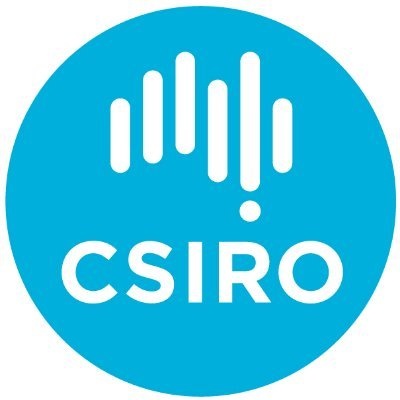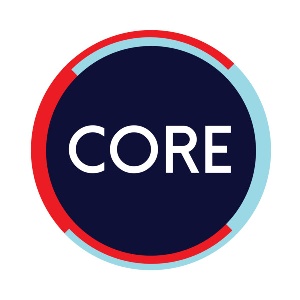2021-12-01
Publication
Chaos
31
Article number123109
JournalChaos
Volume31
Issue number12
Publication statusPublished - 1 Dec 2021
Quality Indicators
Peer Reviewed
Q1 Journal as rated in SJR
Relevance to the Centre
Assessing model accuracy for complex and chaotic systems is a non-trivial task that often relies on the calculation of dynamical invariants, such as Lyapunov exponents and correlation dimensions. Well-performing models are able to replicate the long-term dynamics and ergodic properties of the desired system. We term this phenomenon "dynamics learning. "However, existing estimates based on dynamical invariants, such as Lyapunov exponents and correlation dimensions, are not unique to each system, not necessarily robust to noise, and struggle with detecting pathological errors, such as errors in the manifold density distribution. This can make meaningful and accurate model assessment difficult. We explore the use of a topological data analysis technique, persistent homology, applied to uniformly sampled trajectories from constructed reservoir models of the Lorenz system to assess the learning quality of a model. A proposed persistent homology point summary, conformance, was able to identify models with successful dynamics learning and detect discrepancies in the manifold density distribution.







